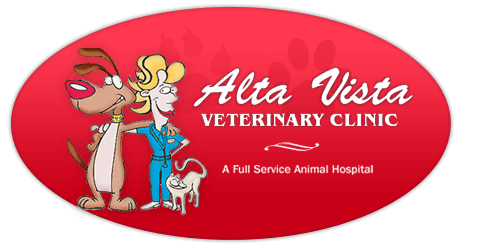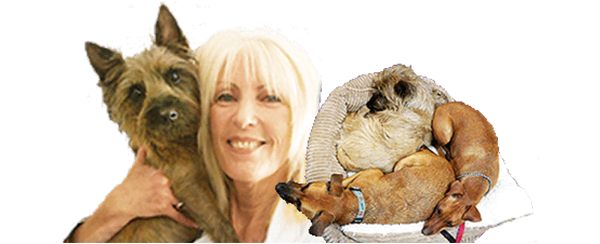How Can You Take Care of Your Senior Dog?
Caring for our canine friends as they advance in age can feel like navigating uncharted territory. Senior dogs have different care requirements than their younger counterparts and understanding these changes is key to ensuring their comfort and health in their old age.
As much as they've been a source of joy and companionship throughout their vibrant years, the time comes when we need to reciprocate this love by showing them extra care and comfort. Here are some various measures you can take to look after your senior dog and make their latter days joyful and comfortable.
Monitor Their Health
Because of their increased vulnerability to illness as they age, dogs need regular checkups and attention to any signs of distress. Making regular vet visits a priority is a great first step in monitoring your senior dog's health.
Your veterinarian will be able to give your dog a full checkup at each of these appointments. Your vet can also advise you on preventative measures like immunizations and dental cleanings.
In addition to taking your senior dog to the doctor regularly, you should also keep an eye on their health at home. You should notify your vet if you notice any changes in your pet's behavior, such as unusual patterns of eating, drinking, or urinating.
Keep an eye out for any changes in the mobility of senior dogs, such as increased stiffness, limping, or frailty. Also, look out for signs of illness which could take the form of incontinence, house accidents, or excessive barking or meowing.
Adjust Their Diet
Consult your vet for the best diet and nutrition for your elderly dog. They can tailor their advice to your dog's breed, stature, and activity level. This can ensure they receive the correct balance of essential nutrients for their stage of life.
Increasing the nutritional content of your dog's food may be one of the most important adjustments you need to make. Age-related inactivity in dogs can contribute to the development of obesity. Choose senior dog food as it has lower calorie and fat contents but more fiber to help maintain your dog's digestive health.
When planning a diet for your senior dog, you should consider any preexisting diseases. If they have dental issues, for instance, they may have trouble chewing tough foods. Your veterinarian may suggest switching to a softer diet or moistening their current food to make it more manageable.
Make Spaces More Accessible
Your elderly dog needs to be kept dry, warm, and inside when not being exercised. Protecting an older dog from humidity and high temperatures is vital since they may have a more difficult time maintaining a normal body temperature.
Also, your dog's bedding and mattress should be soft, comfy, and positioned in a warm, quiet spot that is simple to reach without mounting steps. Additional adjustments, such as positioning the bed in an uncluttered area to relieve anxiety, may be necessary if your dog has arthritis or vision loss.
You should also raise their bowls of food and water. As a result of this adjustment, dogs with neck or joint problems will have less discomfort. A dog stroller or wagon can also be a wonderful method to continue spending time outside with a dog that cannot walk for extended periods due to joint problems.
In addition, to protect your dog from harm in their elder years, you should train them to utilize a dog ramp before they need one. You can also instruct them to use a set of ramps or steps whenever they need to enter or exit the vehicle.
Contact us at
Alta Vista Veterinary Clinic for veterinary consultation and care for your senior dog.








